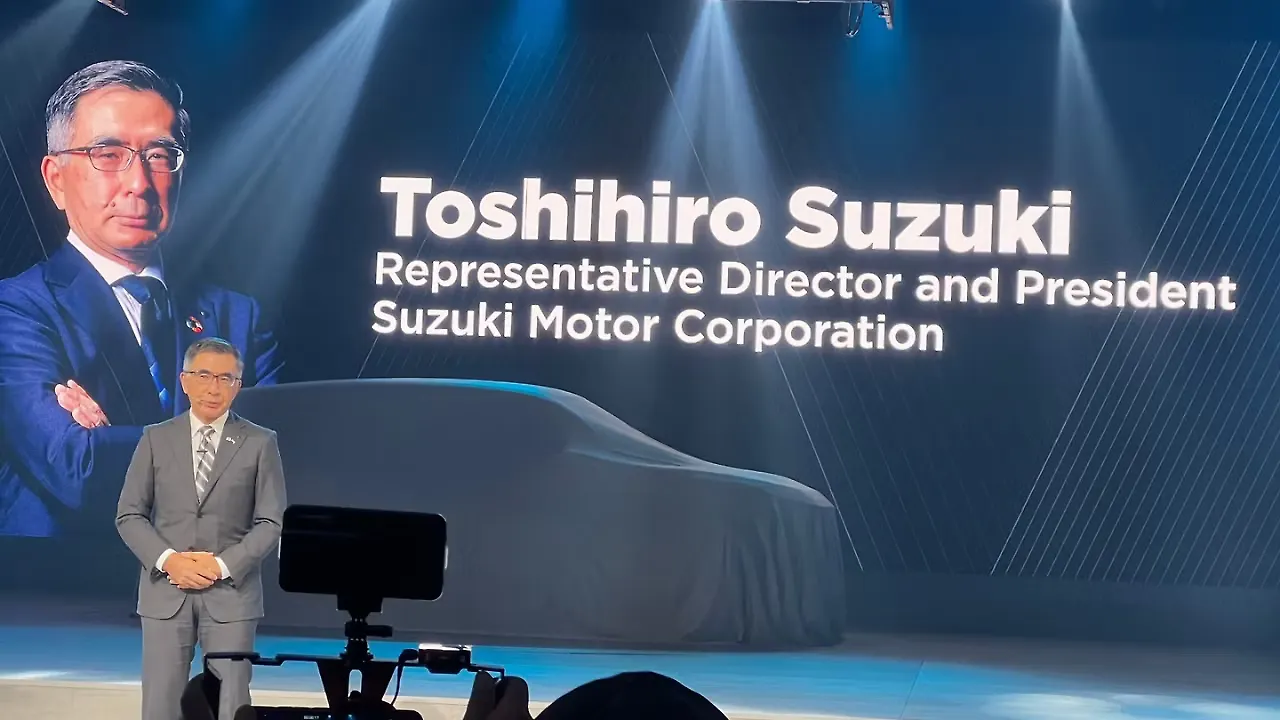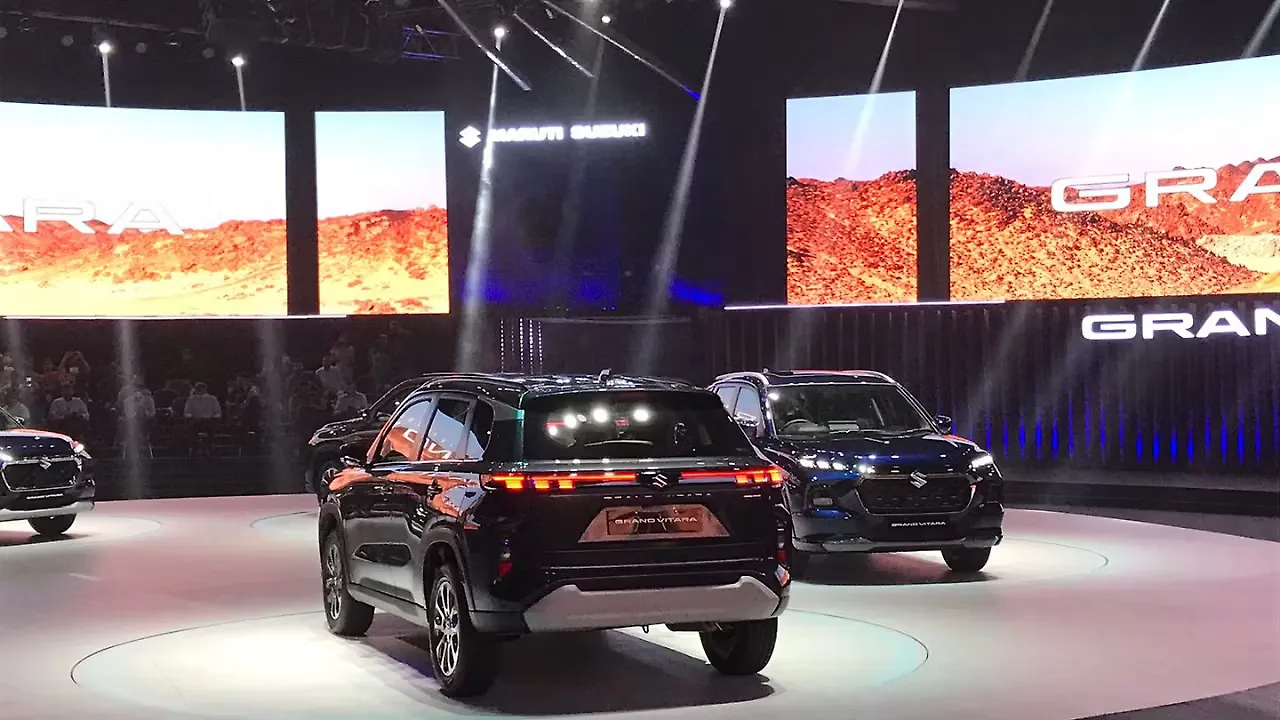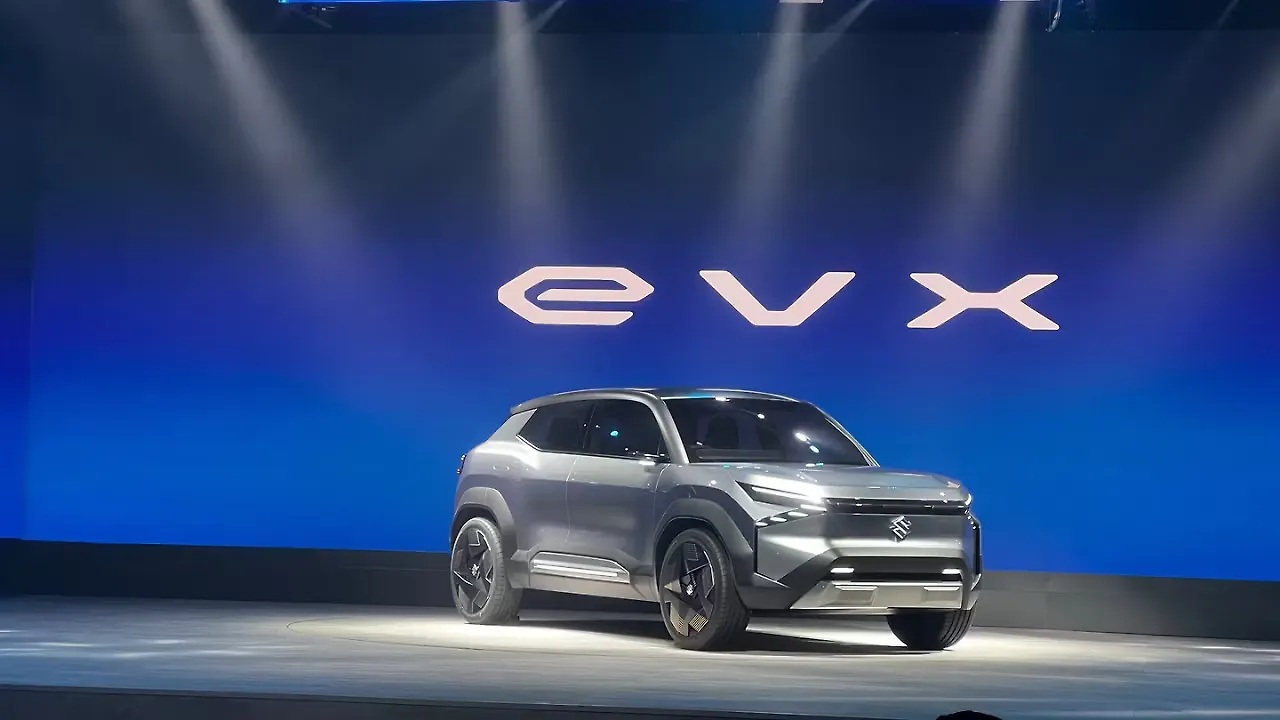
Toshihiro Suzuki, Representative Director and President, Suzuki Motor Corporation, has reiterated that in the transition to electrification, it is important to “assess the EV product’s design and the timing of its introduction to the market with a level head”.
He has made these observations in the company’s Integrated Report 2022 posted on its global website earlier this week. As Suzuki narrates in his message, numerous customers drive the company’s compact cars — “an area where we excel” — because they support the affordability of those cars.
However, a rise in the product price following the transition to EVs “could diminish these advantages” that Suzuki has in compact cars. “We must also be cautious about whether the EV usage environment will be sufficiently developed in the future, particularly the expansion of charging infrastructure, which has a direct impact on user convenience,” adds the President.
Customers who are thinking about buying a car “are increasingly asking us” about the EV strategies that Suzuki will employ. As he puts it, the company will develop the “right EVs for the right place at the right time” that fit customer needs and usage patterns by balancing cost, driving range, and equipment. “Our policy is to introduce EVs to the market at the proper time,” he adds.
India’s Green Drive
Suzuki’s biggest market is India, which is also in the midst of a rapid transition to electrification. Companies like Tata Motors have taken the lead in this space along with the likes of Mahindra & Mahindra and Hyundai.
Suzuki has a global tie-up with Toyota where the focus is on India and other emerging markets like Africa and Latin America. The Indian arm, Maruti Suzuki, has hit the bull’s-eye with its Grand Vitara hybrid where bookings have been brisk. Electrification is expected to follow in due course where Toyota will doubtless play a key role.
In terms of sowing the seeds for the future, continues the President, Suzuki (via Maruti) will work on carbon neutrality in India. The Centre has set itself a timeline of 2070, “which is far later” than Japan’s target year of 2050. In India, there are “still concerns” about the supply of stable electricity and fossil fuels still play an important role in the power mix, he observes.
Furthermore, says Toshihiro Suzuki, the number of customers who can afford to buy expensive EVs is limited. In this context, the company will need to collaborate with individuals to promote carbon neutrality so that “India may strengthen its economy and its people can enjoy greater prosperity”.
Using Cow Dung
Specifically in India (as already reported earlier), the focus is on the business of refining biogas obtained from cow dung. “Cows are plentiful in India, and their dung produces methane, a gas with a high greenhouse gas effect. We are considering refining carbon neutral fuel for automobiles from this methane,” explains Suzuki.
This business is also expected to have other benefits, such as revitalising farming communities, creating new jobs, and improving the energy self-sufficiency rate. In terms of EVs, starting with the introduction of commercial mini vehicle EVs in Japan in FY23, the plan is to launch EVs in Europe and India in FY24.
While acknowledging that the global automobile industry is in the “midst of a once-in-a-century” transformation period, the Suzuki President says it must tackle priorities such as contributing to carbon neutrality “through environmental technology and sophistication of autonomous technologies' that lead to improved traffic safety.
It is in this backdrop that the Japanese automaker is placing special emphasis on electrification initiatives even while there are challenges involved. For mini EVs, he believes it is important to explore questions such as “How do people truly use mini-vehicles as a means of mobility in regional areas of Japan?” and “What would an EV look like that customers, who are now driving Suzuki vehicles, could switch to without difficulty?”

Three Actuals
“We will seek answers by confirming the “Three Actuals” — visiting the actual place, seeing the actual thing and understanding the actual situation – in order to develop the right EVs for the right place at the right time,” says Suzuki.
The company, he continues, would like to develop products with value that only it can offer and “that customers do not yet realise they need”. Through its products, it would like to hear its buyers say things like “This is the type of car I was looking for,” or “I really appreciate this service”.
According to Toshihiro Suzuki, the outlook for the automobile industry’s environment remains unpredictable, primarily due to increased global geopolitical risk and supply chain disruptions. Beyond this is the reality of the “change of the whole lifestyle of human beings” as a result of the spread of COVID-19.
He has pointed out that automobile production constraints caused by tight supplies of semiconductors have not yet been completely alleviated (at the time of finalising the Integrated Report 2022 but the shortage still continues though not as intense). “Under these conditions, we will continue to be cognisant of structural transformation, risk minimisation, and sowing the seeds for the future, as we go about our daily operations,” he adds.
Structural Transformation
As part of its structural transformation efforts, the company will focus on simplifying operations, improving its corporate culture, and developing human resources. “To dedicate ourselves to new types of work in areas such as electrification, carbon neutrality and connectivity, we will identify wasteful jobs and processes that do not add value, and simplify operations by ceasing, changing, and systematising operations in that sequence,” explains Suzuki.
Rather than thinking “like we always have”, the key is to transform “our own mindset” to deal with disruptive changes in conditions, as Suzuki Motor Corp harnesses digital technologies and other resources as needed. Transforming the corporate culture is another priority and the idea is to establish a refreshing and innovative company through teamwork which is laid out in its mission statement.
The goal here is to foster a lively organisation and an ambitious corporate culture by encouraging thorough communication among employees. Efforts are also underway to have diversity programmes and in order to make workplaces comfortable and productive for both men and women, “we have already begun revising various systems, such as childcare leave”.

Human Capital Management
As Suzuki says, human capital management has recently emerged as a key perspective on human resource development, and through this lens “we will view education and training programmes as forward-looking investments in our personnel”. The objective is to develop human resources and ensure that all employees can implement the mission statement and create corporate value.
In an effort to minimise risk, the automaker has developed a system that can assess the impact of semiconductor shortages on production early on and adapt flexibly. “We have accomplished this by requesting that our business partners maintain sufficient inventory and by visualising our supply chains based on our trusting relationships with them,” elaborates Suzuki.
The Suzuki Of The Future
From the President’s point of view, the ideal profile of Suzuki for the future is to become a “lifestyle infrastructure company that makes people happy and healthy”. It should play a role in revitalising the economy by resolving daily mobility issues of numerous people through efforts such as the construction of infrastructure and the introduction of next-generation mobility services.
“We will continue to deliver products and services of superior value, with the aim of being a company that is essential to people and society. We will also work diligently toward carbon neutrality and the realisation of a sustainable society,” sums up Toshihiro Suzuki in the Integrated Report 2022.
Also Read
MSIL First EV Likely To Be Retailed Through NEXA Channel
Budget Biogas Drive In Sync With Suzuki Strategy